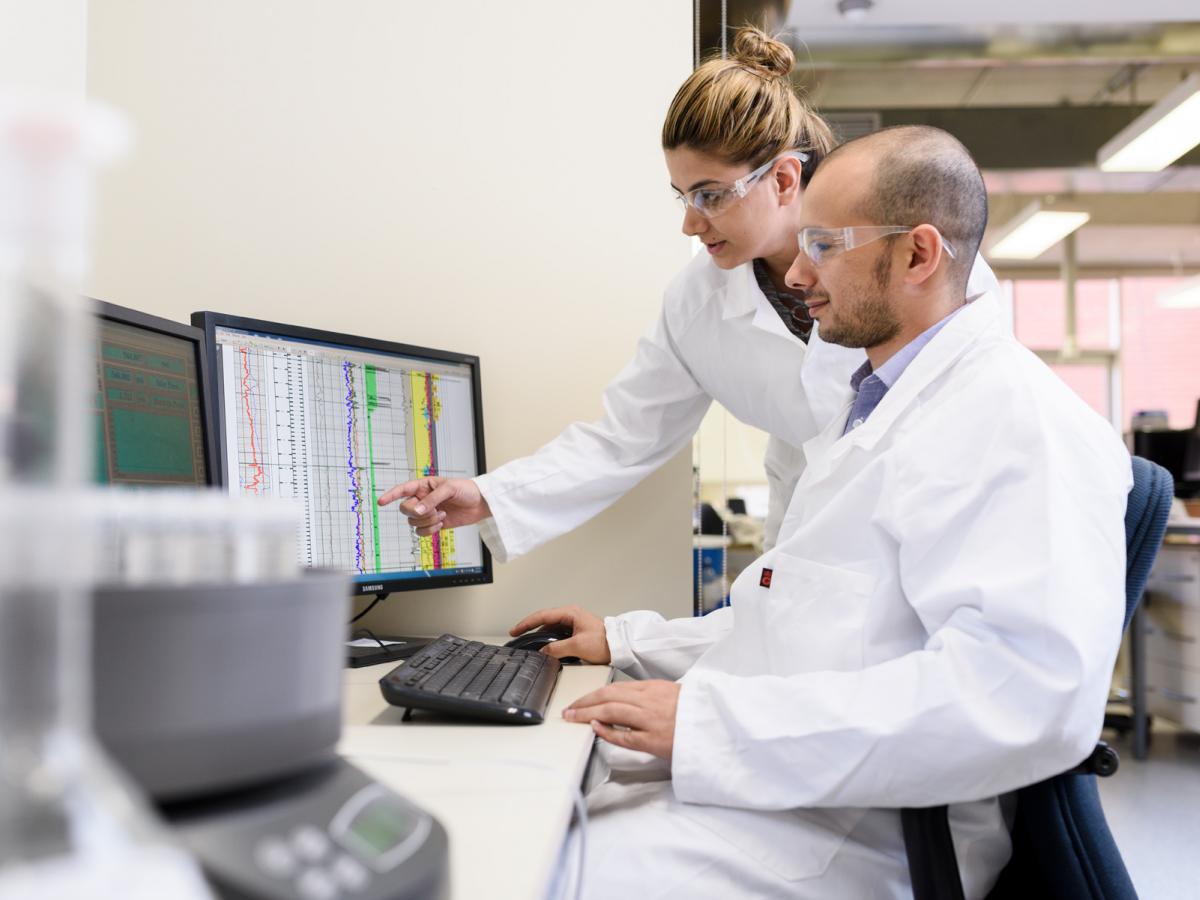Partnership focuses on Australian carbon capture and storage research

The Australian School of Petroleum and Energy Resources (ASPER) is teaming up with Chevron Australia to create a new state-of-the-art facility for carbon storage research that will accelerate Australia’s transition to cleaner energy sources and net zero emissions.
Chevron Australia is contributing more than AUD$2.45 million to support the new laboratory, a five-year senior academic position in Carbon Storage Engineering and a three-year Senior Research Fellow position in Carbon Storage Science.
“Carbon capture and storage represents one of Australia’s most significant opportunities to meet net zero carbon emissions,''Dr Kathryn Amos, Head of School, Australian School of Petroleum and Energy Resources, University of Adelaide
Located at the University of Adelaide, the new facility will enable researchers to perform cutting-edge research on permanent carbon dioxide (CO2) storage within geological formations after its injection into subsurface reservoir rocks, and how CO2 flows through and interacts with rocks and pore waters on a microscopic scale.
“The University of Adelaide is pleased to be partnering with Chevron Australia,” said Dr Kathryn Amos, Head of School, Australian School of Petroleum and Energy Resources.
“ASPER has been home to CO2 storage research experts for the past 20 years.
“Carbon capture and storage represents one of Australia’s most significant opportunities to meet net zero carbon emissions.
“Fundamental and applied research undertaken at the new facility will produce engineering and geoscience outcomes that will help to tackle one of society’s most pressing challenges, and provide training opportunities to ensure that Australian students are equipped to contribute solutions to the energy transition.”
Managing director Mark Hatfield said Chevron is committed to supporting the deployment of carbon capture and storage in Australia and globally.
“The Gorgon carbon capture and storage system has safely injected more than 5 million tonnes of greenhouse gas emissions since starting up in 2019 – the largest volume injected by any system of its kind within such a timeframe,” said Hatfield.
“Chevron is committed to sharing the lessons we’ve learned in this pioneering endeavour and we’re proud to be advancing Australia’s world-leading carbon capture and storage capabilities together with the University of Adelaide.”
The Australian School of Petroleum and Energy Resources (ASPER) at the University of Adelaide is a leading centre for education, training and research in petroleum and energy resources engineering, geoscience, and management, and is one of only a few institutions in the world offering integrated teaching and research programs in these three disciplines. ASPER’s mission is to create and communicate the future of the discovery, recovery and storage of GeoEnergy resources through high quality education, applied research and fostering co-operation and understanding between the energy resources industries, academia, the public and government for the mutual benefit of society. The School strives to help industry and government safely and sustainably discover and deliver traditional energy resources whilst accelerating society’s transition to carbon neutrality. The University of Adelaide is the highest ranked for petroleum engineering in Australia, and equal 11th in the world (QS World University Rankings by Subject 2021), and 5/5 “well above world average” in the Australian Government’s Excellence in Research Australia 2018 for resource engineering and geology fields of research.
Chevron is one of the world's leading integrated energy companies and through its Australian subsidiaries, has been present in Australia for more than 60 years. With the ingenuity and commitment of thousands of workers, Chevron Australia operates the Gorgon and Wheatstone natural gas facilities; manages its equal one-sixth interest in the North West Shelf Venture; operates Australia’s largest onshore oilfield on Barrow Island; is a significant investor in exploration; and via Puma Energy delivers quality fuel products and services across Australia, operating or supplying a network of more than 360 retail locations and an extensive 24-hour hour diesel stop network, as well as 14 depots and three seaboard terminals.
Media Contacts
Dr Kathryn Amos
Head of School
The Australian School of Petroleum and Energy Resources
Mobile; +61 (0)408 171 133
Email: kathryn.amos@adelaide.edu.au
Elisa Black
Manager – News and Media
The University of Adelaide
Mobile: +61 (0)466 460 959
Email: elisa.black@adelaide.edu.au
